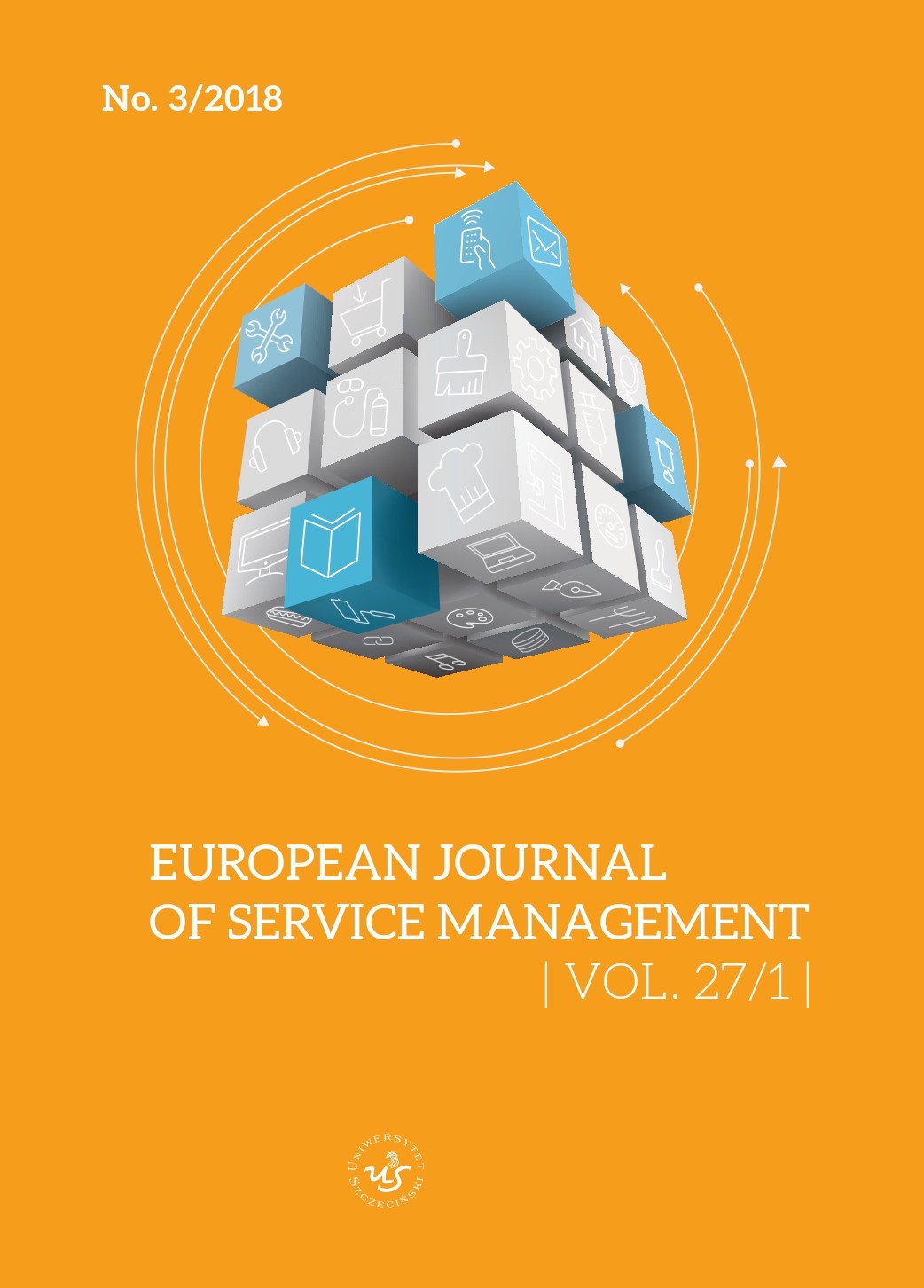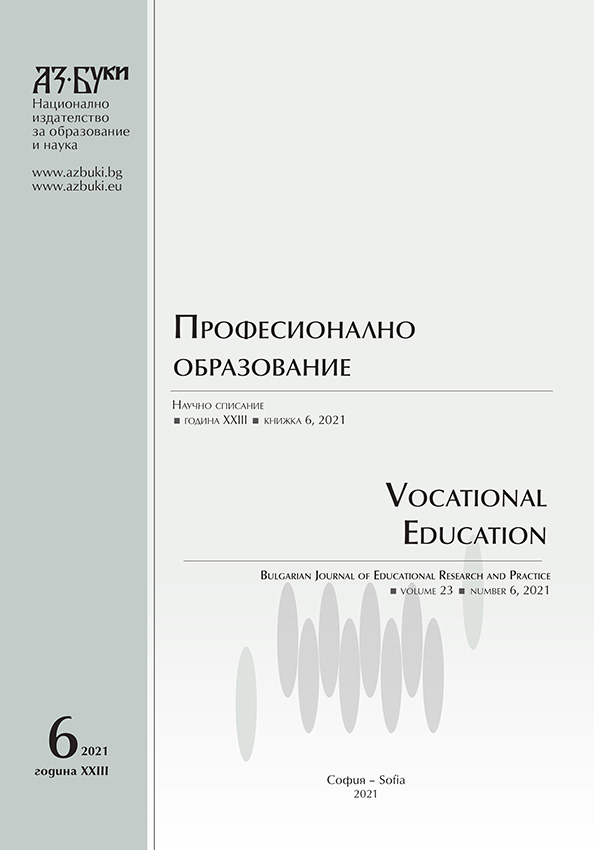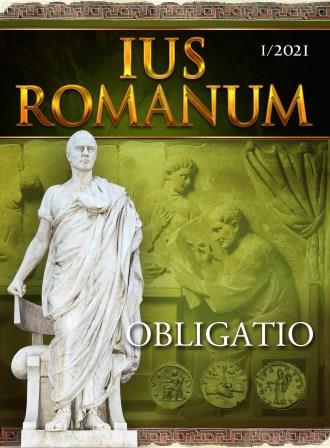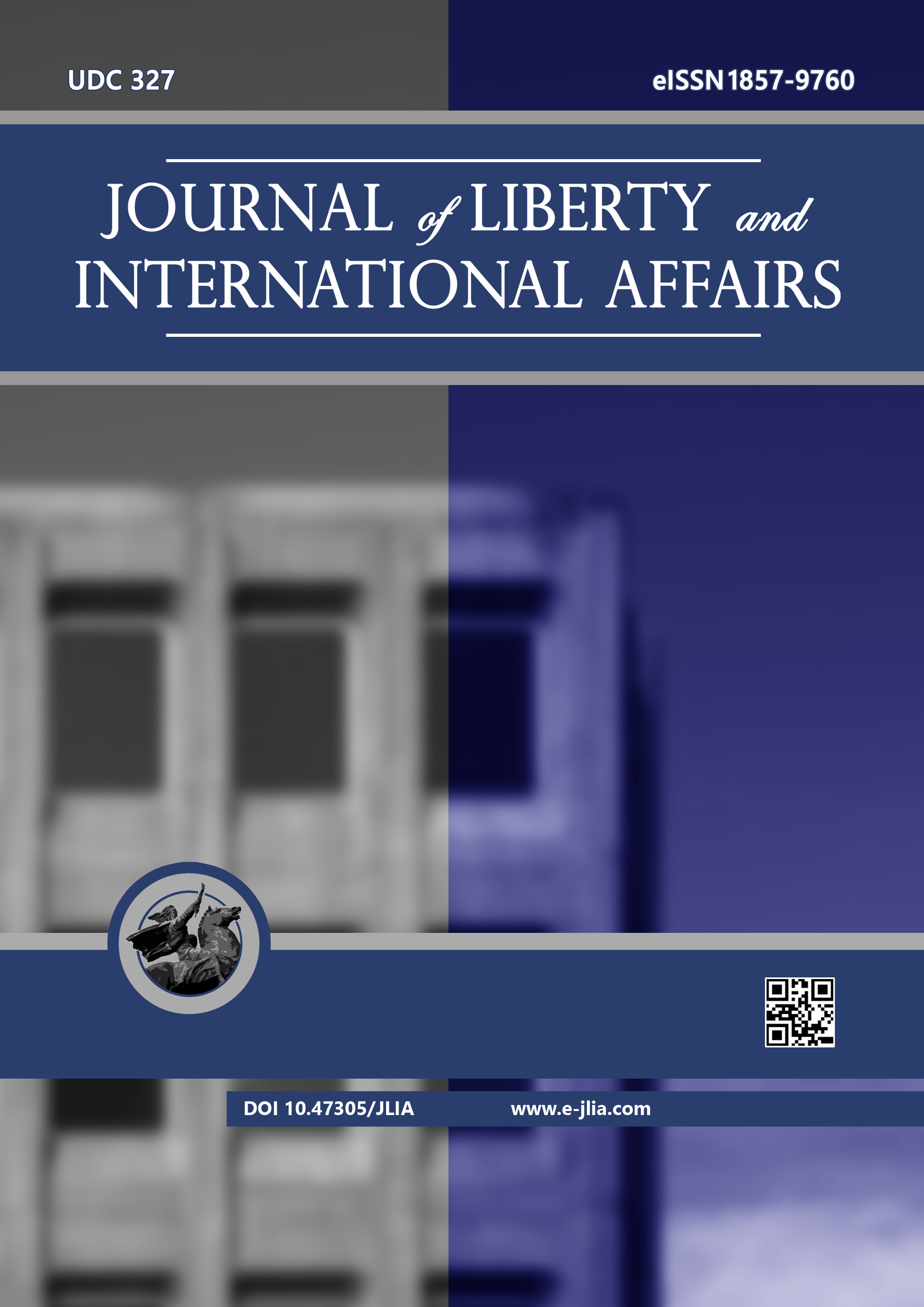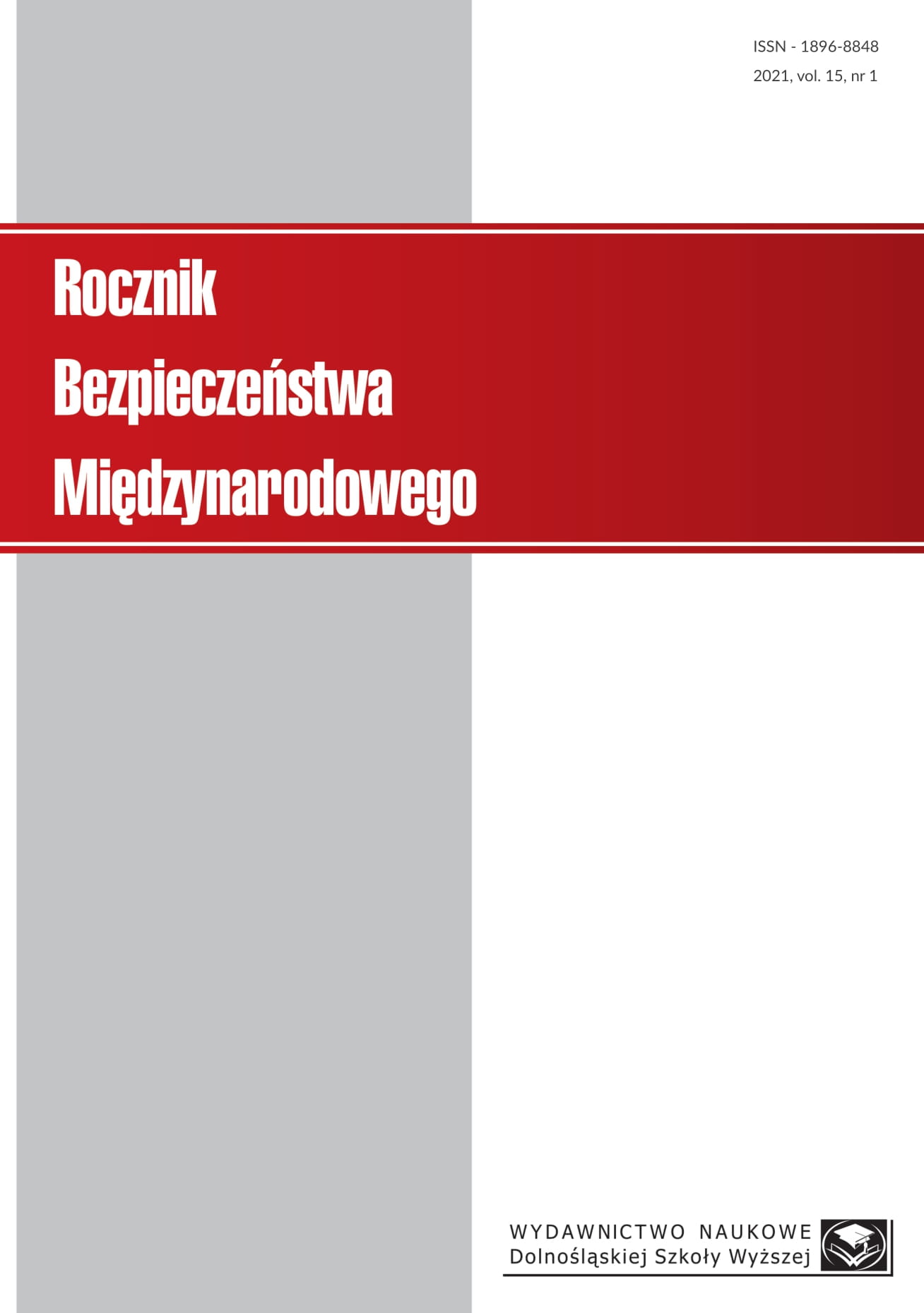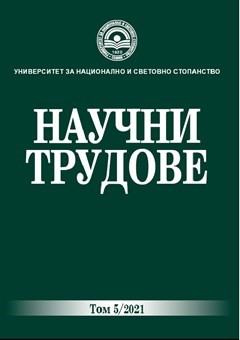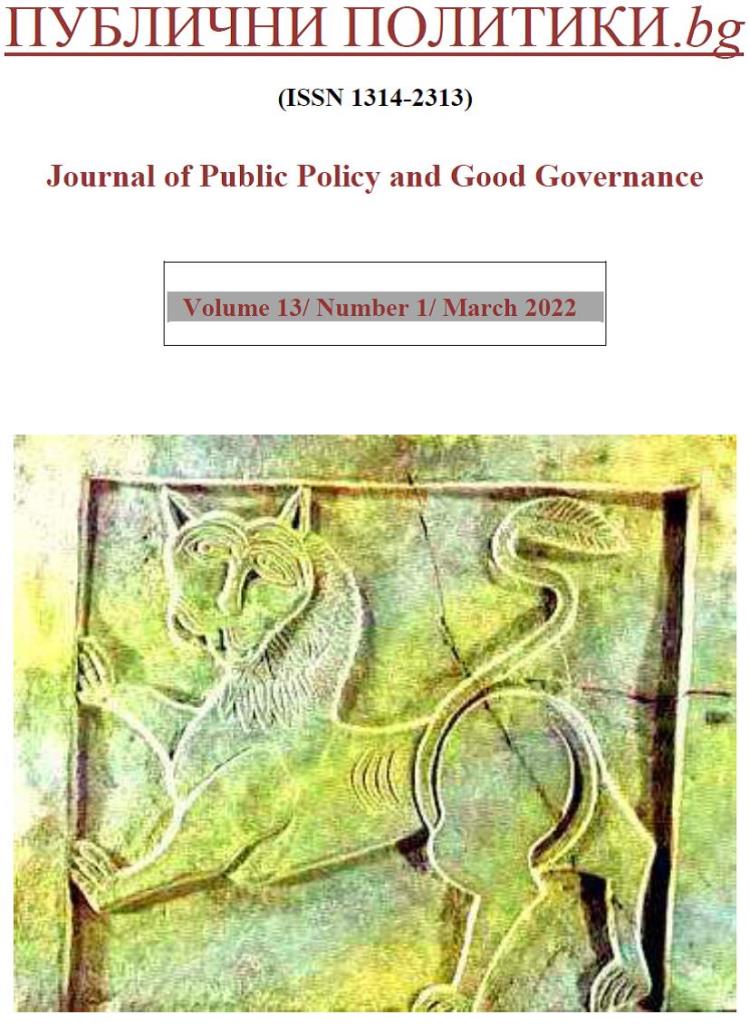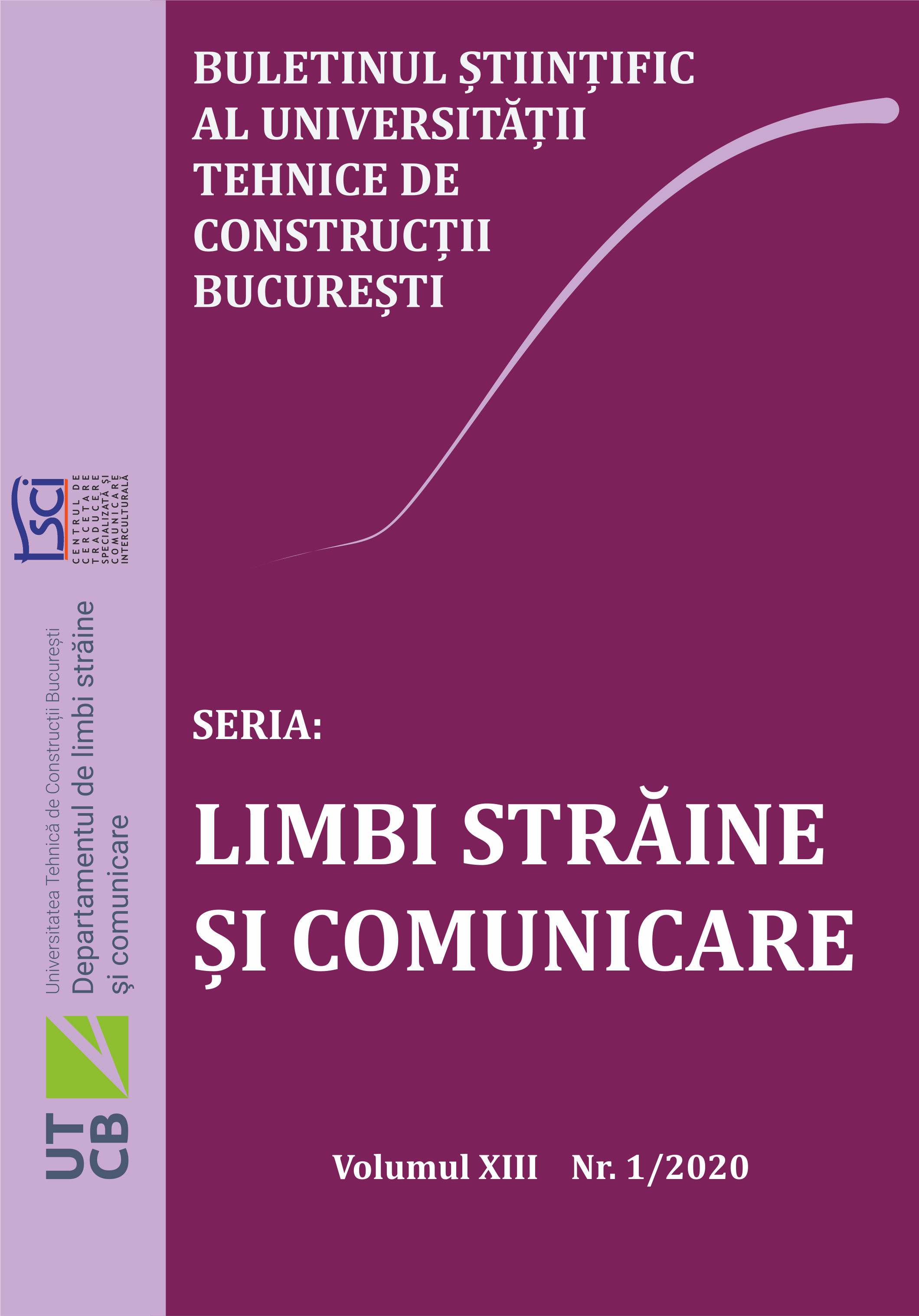
FORMING AND DEVELOPING BASIC LEGAL READING SKILLS: HOW TO RAISE AWARENESS OF THE STRUCTURE AND TERMINOLOGY OF BRITISH STATUTES AND LAW CASES
The aim of this paper is to present how one can form and develop basic legal reading skills, with a focus on the structure and terminology of British statutes and law cases. The paper is mainly, but not exclusively, addressed to translation studies students who may be hindered, when dealing with British legal documents, by the structural and linguistic peculiarities of such texts. Law students may also benefit from the information provided by this paper. Legal texts, in general, are characterized by highly specific drafting conventions, which need to be understood by the legal translator or the law student. For a specialized translator, it is also useful to be able to read a statute or a reference to a law case. Hence, building awareness of the drafting conventions involved in drawing up a statute or of the conventions involved in case citations, and an increased cultural awareness (that may help one understand the context of this or that legal text) are mandatory requirements for any professional translator.
More...

